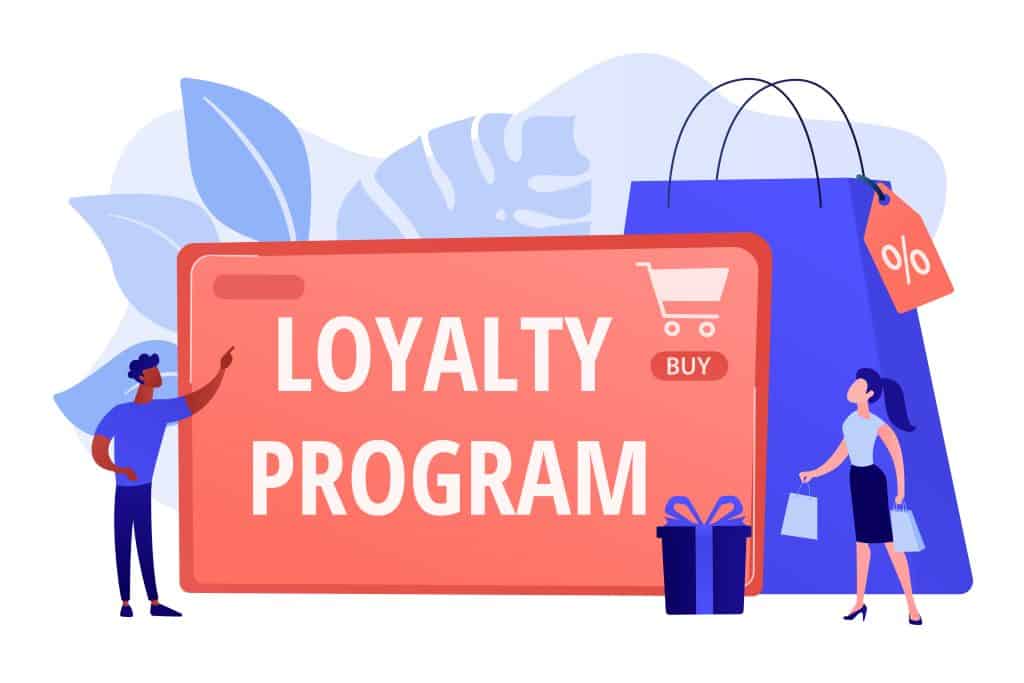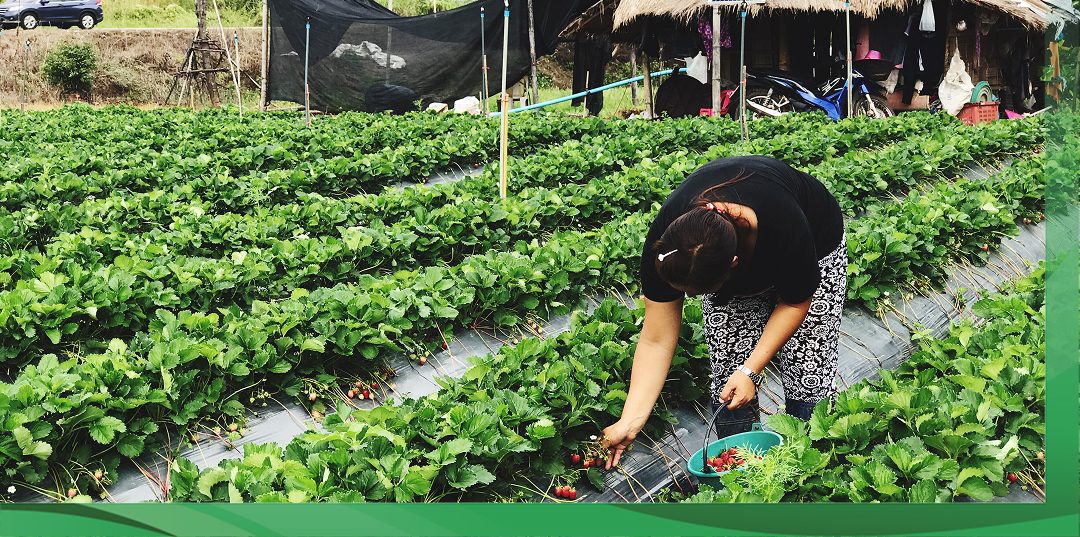As a general business practice, the Company provides incentives to their customers who purchase its products for resale. Customers who purchase and resale the products are encouraged to achieve certain conditions for obtaining incentives. The form of incentives can be in money, payable reduction (rebates), in kind, and goods.
Table of Contents
Certain conditions that occur in a sale and purchase transactions can be in the form of achieving certain conditions, providing certain space and/or equipment, and receiving incentives. Many questions about tax treatment are related to customer loyalty programs taxin the form of incentives or incentives.

Indonesian Tax Authority Circular on Tax Treatment
The Indonesian Tax Authority issues a regulation related to tax treatment of compensation received by customers in connection with certain conditions in buying and selling transactions. This regulation is stated in the Circular Letter of the Director General of Taxes Number SE-24 / PJ / 2018 dated November 29, 2018.
Purpose of the Circular
This circular aims to provide an explanation of, as well as the tax treatment of the said incentive. This circular was issued due to the large number of questions regarding the tax treatment of the incentives received by the Buyer, in connection with certain conditions in the sale and purchase transactions. Other questions related to whether the said incentive can be subjected to VAT and whether it is the object of withholding income tax and if it is, what percentage of the rate should be charged on the incentive.
The definition of Seller and Buyer can be defined based on SE-24 / PJ / 2018, that is, the Seller is the party who sells his products to Buyers including producers, distributors, and agents. Meanwhile, Buyers are parties who buy products from Sellers for resale including distributors, agents, and retailers.
Applicability of the Circular
Thus, this circular applies only to Buyers who will resale products that have been purchased and does not apply to end consumers. The remuneration received by the Buyer in connection with the sale and purchase transactions has certain conditions, namely the achievement of certain conditions, the provision of certain space and/or equipment, and the receipt of compensation received in connection with the sale and purchase transactions.
In the case of a sale and purchase transaction, the Seller can provide certain conditions to the Buyer regarding the incentive to the Buyer for the achievement of certain conditions which can be in the form of:
a. purchases by Buyer reach a certain amount;
b. sales by Buyers reach a certain amount; and/or
c. repayment by Buyer in accordance with a certain period of time.
The incentives received by the Buyer in connection with achieving a certain condition can be in the form of money, goods, and/or payable deduction is an award, the award in question, that is, a bonus given by the Seller to the Buyer in connection with the fulfillment of certain conditions, other incentives can be in the form of compensation for management services as long as the agreement is in the form of a cooperation contract that includes service activities and there is an acknowledgment of income for services or billing for the delivery of services.
Tax Treatment of Incentives in the Form of Awards and the Form of Management Services
Incentives in the form of awards and management services received by Buyers are the object of withholding income tax, starting from PPh Article 21, PPh Article 23, or PPh Article 26 for awards in kind. The Tax Imposition Basis (DPP) will be calculated based on the value of the agreement stated in the agreement or contract
As for management services provided in kind, the DPP will be calculated based on the value of agreement stated in the cooperation contract. Incentives in the form of awards are also subject to VAT treatment for awards embodied in the form of giving Taxable Goods (BKP) and for awards that are realized in the form of gifts, in the form of money and/or payable deduction by the Seller to the Buyer are not subject to VAT.
As for the provision of compensation from the Seller to the Buyer for management services in the form of BKP, it is a submission that is owed VAT with provisions, namely the Seller who according to the provisions is a PKP is obliged to collect the VAT owed, makes Tax Invoices, deposit, and reports the VAT owed on the submission of BKP and DPP on the delivery of BKP, which is the amount of the reimbursement value for management services based on the value of the agreement stated in the cooperation contract. The following is the tax treatment:
[wptb id=10392]
[wptb id=10393]
Tax Treatment of Incentives in the Form of Providing Certain Space and/or Equipment
This tax treatment is related to the sale and purchase agreement, where the Seller can ask the Buyer for facilities in the form of providing certain space and/or equipment for the benefit of the Seller. It can be a floor for placing goods and a shelf for displaying sales goods, including shelves, hanger shelves, and/or storefronts to place the goods on display in order to support the Seller’s product marketing activities.
As a Seller, he is not obliged to collect VAT on the use of the room from overseas Buyers, it must still be in accordance with the provisions of the VAT Law because it is determined based on outside the customs area or within the customs area. Basically, VAT on rent is a tax related to the rent of land and / or buildings, then as a Buyer, he is obliged to hand over to the land lease in accordance with the provisions of the PKP. The taxation imposed on this incentive is related to rent, namely rent on land and/or buildings and rent on other property.
The sale and purchase transactions will have a compensation incentive related to the sale and purchase transactions, where the Seller can provide compensation in connection with the sale and purchase transactions in the form of money, goods, and/or payable deduction. This compensation is due to the risk of price fluctuations, delays in the delivery of goods, or certain sales programs at the behest of the Seller. So the incentive in the form of money, goods, or payable deduction given by the Seller is income from the rental of the land or building for the Buyer.
The income tax imposed on the rent of the land or building will be final and subject to a 10% rate by the Seller. But if the recipient of the rental of the land or building is the subject of foreign tax, it will be subjected to Income Tax Article 26 or a tax treaty. The following is the tax treatment:
[wptb id=10395]
[wptb id=10396]
At SW Indonesia, we specialize in providing comprehensive solutions for loyalty programs and tax management. Our team of experienced professionals understands the intricacies of tax regulations and can help your business navigate the complexities of loyalty program taxation effectively. Whether you need assistance with income tax planning, VAT compliance, or optimizing tax benefits, we are here to support you every step of the way. Contact us today at +62 2993 2132 or email us at info@sw-indonesia.com to explore how we can help you streamline your loyalty programs tax and unlock greater financial advantages for your business.













